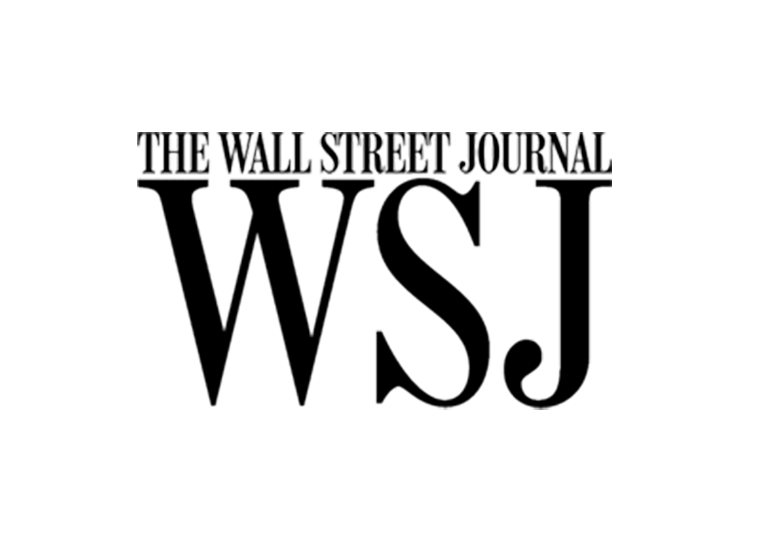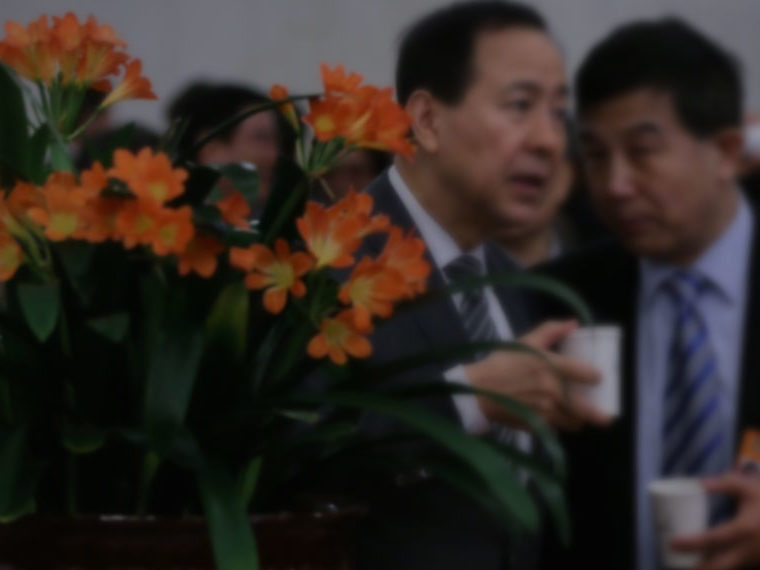Consumers, on the other hand, gained in good times and bad
The 1978 deregulation of the U.S. airline industry freed carriers to set their own rates and choose their own routes, opening the market to competition from new entrants and expanding upstarts. This unleashed demand for air travel, and passenger numbers soared. Yet one group surprisingly has failed to reap the benefits of all this growth: airline shareholders.
That’s the observation of a working paper from Syracuse’s Natarajan Balasubramanian, UCLA Anderson’s Marvin Lieberman and University of Miami’s Marco Testoni.
In a study examining nearly 40 years of performance data about the U.S. airline industry, the authors suggest that most of the industry value created by deregulation flowed to the consumers in the form of lower airfares. To a lesser degree, the gains were shared by employees, who saw an increase in wages and benefits, and fuel suppliers, who benefited from increased demand for aviation fuel from the expanding industry. But shareholders received only a fraction of the gains and bore the lion’s share of economic losses.
Much previous research on the ways economic value is created and shared focused on the economic returns that flow to owners of a company’s stock. Over time, this perspective has broadened to take in the value received — or lost — by other stakeholders, including consumers, employees, suppliers and the community at large.
In their study, the authors expanded on previous work to consider another dimension: how economic risks are shared. This is important, they write, because “similar realized returns across stakeholder groups may conceal substantial differences in their exposure to the risk.”
Who Wins, Who Loses?
To show how gains and risks are shared among stakeholders, the authors developed a framework called the “value-sharing diamond,” which graphically depicts the distribution of returns and risk. They then applied the framework to the post-deregulation airline industry.
The study analyzes the financial performance of 16 U.S. airlines from 1980 to 2019 – the period immediately after deregulation and before the effects of the 2020 pandemic, which caused airline traffic and revenues to plunge. The studied airlines include the big four currently operating — Delta, United, American and Southwest — along with smaller airlines such as JetBlue and Hawaiian and several carriers that disappeared through mergers or bankruptcies.
For their analysis, the authors estimated the total value created by each airline compared with the year before, reflecting both annual gains from innovation and operational improvements or losses. They then examined how that value was distributed among airlines’ stakeholders.
They found that over the 39-year period, airlines as an industry doubled the amount of value they created, an average of a 1.82% increase a year. Broadly, this means that the combined value of fuel, labor, capital and other costs needed to fly a passenger between two cities was cut in half.
Consumers were the main beneficiaries, seeing an average increase in value of 1.47% a year. Employees received a 0.55% annual increase in value through higher wages and benefits, and fuel suppliers gained value at average of 0.22% a year. At the same time, shareholders lost value to the tune of 0.15% a year.
Riding the Ups and Downs
This big-picture view obscured the unfortunate fact that the airline industry experienced significant ups and downs during the period. During the years that value creation was positive, most stakeholders benefited: Consumers received about 42% of the total available value, shareholders received 31% and employees received 18%. Only the “other suppliers” group suffered a loss in value in up years, much of it reflecting the decline in industry value flowing to travel agents.
However, in about a third of the years, value creation was negative, reflecting a less efficient use of resources because of drops in demand or ill-considered expansion programs. During those years, shareholders swallowed almost the entire loss in value, which was shared to a lesser degree by fuel suppliers and employees (who suffer wage cuts and layoffs in down years). Consumers, meanwhile, continued to benefit in bad years from lower fares.
Finally, the analysis indicates just how dramatically deregulation altered the dynamics of value-sharing in the airline industry. Before 1979, regulators set fares and allocated routes, limiting competition and as result, reducing the risks faced by shareholders. Deregulation not only put airlines at the mercy of market forces, but it also tilted the balance of value-sharing towards consumers, who at least until recently have largely benefited from lower fares and greater choice.
Featured Faculty
-
Marvin Lieberman
Harry and Elsa Kunin Chair in Business and Society; Professor of Strategy
About the Research
Balasubramanian, N., Lieberman, M., & Testoni, M. (2025). The Value-Sharing Diamond: A Synthetizing Framework to Describe the Allocation of Gains and Losses among Stakeholders.






